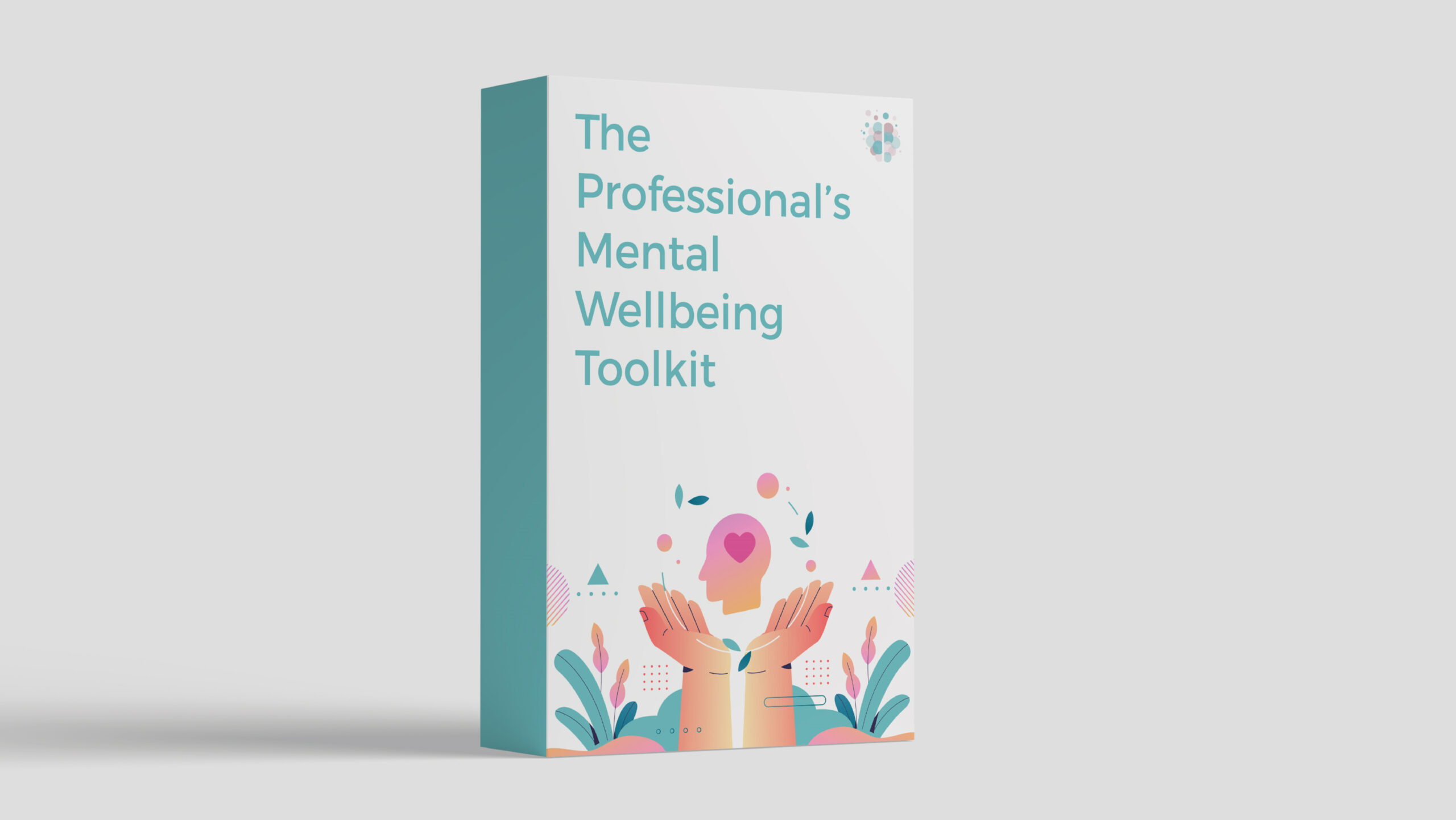Working as a therapist is deeply fulfilling, but it’s not uncommon to feel that your income doesn’t match the value you bring to your clients’ lives. If you’re looking to boost your earnings without compromising the quality of your care, here are seven strategies you can consider.
1. Increase Your Rates
Mental health therapists often find it hard to charge a substantial fee for their worth because it’s ingrained in us, from the moment we start graduate school, that our profession is to help others and to be altruistic. Salary should not be our primary focus.
This is a fallacy. Unfortunately, many of us develop a sense of imposter syndrome if we consider charging a substantial but reasonable fee for our services. Charging anything under $100 per session is not sustainable and not advisable.
Most fully licensed therapists in the United States have completed two years of graduate school, passed a first licensing exam, accrued between 2000-to-3000 clinical hours under supervision, and then passed a second licensing exam. Only then can a clinician practice independently. Therefore, fully licensed clinicians are not novices and have every right to charge a healthy fee for their services.
Actionable Steps
- Find out what your salary goals are. If that is to make $150k per year, divide that by the number of weeks you expect to work. Typically, as a full-time therapist, you should aim to work around 48 weeks a year after vacations and any other time off are taken – that’s around $3,125 per week. Then, divide that number by how many weekly sessions you aim to run. If that’s 25 sessions per week, then you’re looking at charging $125 per session.
- Review your current rates and compare them with other therapists in your area and specialization.
- Consider raising your rates gradually, perhaps once a year. Communicate the rate increase to your clients with a clear explanation of the added value you bring.
2. Specialize in a Niche
Specializing in a specific area of therapy can set you apart from the competition and allow you to charge higher rates.
Clients are often willing to pay more for a therapist who is an expert in a particular field directly addressing their needs. Whether it’s trauma recovery, perinatal mental health, or couples therapy, finding your niche and becoming known for it can lead to a more lucrative practice.
Actionable Steps
- Identify an area of therapy you’re passionate about and consider obtaining additional certifications or training. This will enhance your expertise and give you the credibility to market yourself as a specialist. Here are some options for trauma recovery. For a couple’s work, being trained in the Gottman Method or EFT can distinguish you as an expert in that field.
3. Offer Group Therapy Sessions
Group therapy is a great way to increase your earnings without adding extra hours to your work week.
You can charge each participant a lower fee in a group setting than in a one-on-one session. Still, the cumulative income from multiple clients can significantly boost your overall earnings.
Actionable Steps
- Start by offering a group session that aligns with your expertise. For example, if you specialize in DBT, you might offer a DBT skills group.
- Promote it to your existing clients and through local networks.
- If you accept insurance, you can offer a couple’s counseling group, and each member of the couple would be charged a fee through their insurance company. Therefore, you’re attracting more folks to your group rather than individual clients.
4. Change Your Revenue Stream From Insurance-Based to Self-Pay
Sadly, insurance companies do not pay therapists a substantial and respectable fee for their services. Many insurance companies pay less than $100/session. To top it off, you must jump through so many hoops to receive payment, suffer through grueling audits, and learn a new complicated insurance language to navigate this frustrating healthcare system.
Actionable Steps
- Find the highest-paying insurance panels and become credentialed with only a select few.
- Meanwhile, charge a respectable fee for clients who do not have that insurance and would like to work with you.
- Become knowledgeable about how out-of-network insurance works and then slowly change your revenue stream from insurance-based to self-pay/out-of-pocket-based.
5. Teletherapy
The rise of teletherapy has made it easier than ever to expand your client base.
You can reach clients outside your immediate geographic area by offering online sessions. This can be particularly beneficial if you live in a region with lower therapy rates than the national average.
In addition, having office space can be a significant burden on your finances. Office spaces could take away upwards of $10,000 from your annual earnings.
Actionable Steps
- If possible, ensure that you’re licensed to practice in multiple states. This allows you to offer teletherapy to a broader audience.
- Invest in a secure, user-friendly telehealth platform to provide a seamless experience for your clients.
- Start offering telehealth before investing in office space – you may be surprised that most clients prefer telehealth to in-person sessions.
6. Diversify Your Client Base
If you typically work with individuals, consider expanding to couples, families, teens, and kids.
Diversifying your client base increases your potential earnings and makes your practice more resilient to changes in the market. Just remember, to honestly and accurately promote the fact that you work with a specific population, you would need to ensure you have experience or training to work with this population.
Actionable Steps
- Look for opportunities to market your services to different types of clients. For instance, you could reach out to local schools to offer parent workshops and create connections with pediatric offices as a great referral source.
7. Offer 90-minute Couple’s Counseling Sessions
Couple’s counseling is challenging to conduct in a 45–50-minute session. Both partners have much to say; a 50-minute session can feel too short. By offering a more extended session, you can charge more money for the session, and you don’t have to see the client twice in one week, which can create extra admin work for you.
Actionable Steps
- Every time you onboard a couple, make sure you offer them the option of a 90-minute session and advertise it as a way to dig deeper into their current issues without stopping the session mid-intervention.
- Most couples' interventions are closer to 90 minutes long anyway, and therefore, you would have to break these up from week to week when only offering 50-minute sessions.
Summary
Making more money as a therapist doesn’t have to mean taking on more clients or compromising on the quality of care you provide. Here are seven strategies for boosting your income:
- Increase your rates
- Specialize in a niche
- Offer group therapy
- Change your revenue stream from insurance-based to self-pay
- Leverage teletherapy
- Diversify your client base
- Offer 90-minute couple’s counseling sessions
Remember, taking actionable steps that align with your strengths and interests is key. Start small and gradually implement these strategies as you feel comfortable. Over time, you’ll likely see a positive impact on your income and professional satisfaction.
Get Your Therapy Toolkit
The Professional's Mental Wellbeing Toolkit is "everything you need all in one place." Get worksheets for CBT, ACT, DBT, positive psychology, lifestyle medicine and more.

About Tova
Tova McCall is a Licensed Clinical Social Worker with a perinatal mental health certification. She's licensed in the state of NJ, NY, VT and OR and works with older teens, adults and couples.
She utilizes EMDR, Prolonged Exposure therapy, Gottman Therapy and CBT among other modalities.
You can find her at www.theholisticbump.com and @theholsiticbump on Instagram or @holisticbump on YouTube.



